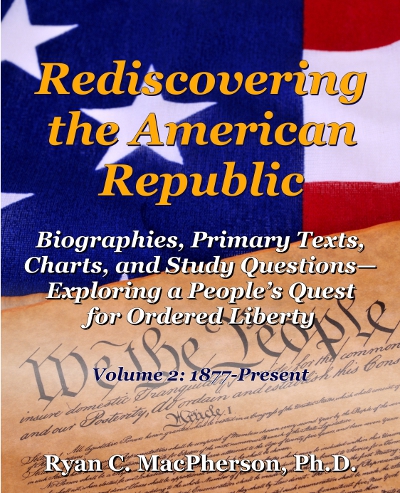My just-shy-of-ten-years-old son, at 6:40 a.m on a Saturday, arising at that hour of his own volition, was working through this Latin sentence at the dining room table:
“Volo cum discipulis meis Pascha facere.”
“Pascha” he knows to mean “Easter.”
“Facere” he knows to mean “to do or to make.”
That didn’t make sense, so he asked for help.
I reminded him that “Pascha” also means “Passover.”
That gets us to: “do or make Passover.” So, then I suggested “celebrate Passover,” asking whether the book had already introduced “celebrare,” “to celebrate,” which perhaps would be better than “facere,” but maybe the book was working with a more limited vocabulary for the time being. He instead suggested “have Passover,” noting that “habere” means “to have” in the sense of “to hold or to possess,” but that “facere” could mean “have” in the sense of “make it happen.” Indeed, “efficere” is from “facere” and it means “make it happen, bring it about, accomplish something.” (In English, we say, “to effect,” derived from this “efficere,” which has the form “effectus,” meaning, “having been accomplished.”)
Through this experience, my son learns yet again that Latin and English do not have a one-to-one correspondence. What makes sense in one language does not quite make sense in the other, but there are points of contact that permit one to cross, as on a bridge that links two lands otherwise separated by a raging river of ignorance.
My son now knows that “Volo cum discipulis meis Pascha facere” means “I wish to have Passover with my disciples.” If my son were to read this blog, he immediately would know that “volition,” in my opening sentence above, comes from “volo,” “I wish.” But, he also knows much more.
He knows how to think.
He knows how to think differently, one way in each langauge.
He knows how to bridge two different kinds of thinking, one of which is sixteen centuries old, from the time St. Jerome translated the Greek New Testament into Latin. (The sentence that challenged him, from our family’s preferred Latin textbook, A Primer in Ecclesiastical Latin by John F. Collins, closely paraphrases Jerome’s Vulgate Bible.)
My son furthermore knows that some aspects of thought cannot fully be bridged from one culture to another. He knows this not because I told him so, but because he has already done so (as much as can be done when two thoughts do not quite correspond one-to-one)—and this before turning ten.
Long ago, people had a word for such an “effective” experience.
They called it “education,” which both as a word and as a concept has deep Latin roots, and from those roots grow strong trunks with healthy branches, broad leaves, and abundant fruit.
Dr. Ryan C. MacPherson is the founding president of Into Your Hands LLC and the author of several books, including Rediscovering the American Republic (2 vols.) and Debating Evolution before Darwinism. He lives with his wife Marie and their homeschooled children in Casper, Wyoming, where he serves as Academic Dean at Luther Classical College. He previously taught American history, history of science, and bioethics at Bethany Lutheran College, 2003–2023 He also serves as President of the Hausvater Project, which mentors Christian parents. For more information, visit www.ryancmacpherson.com.


